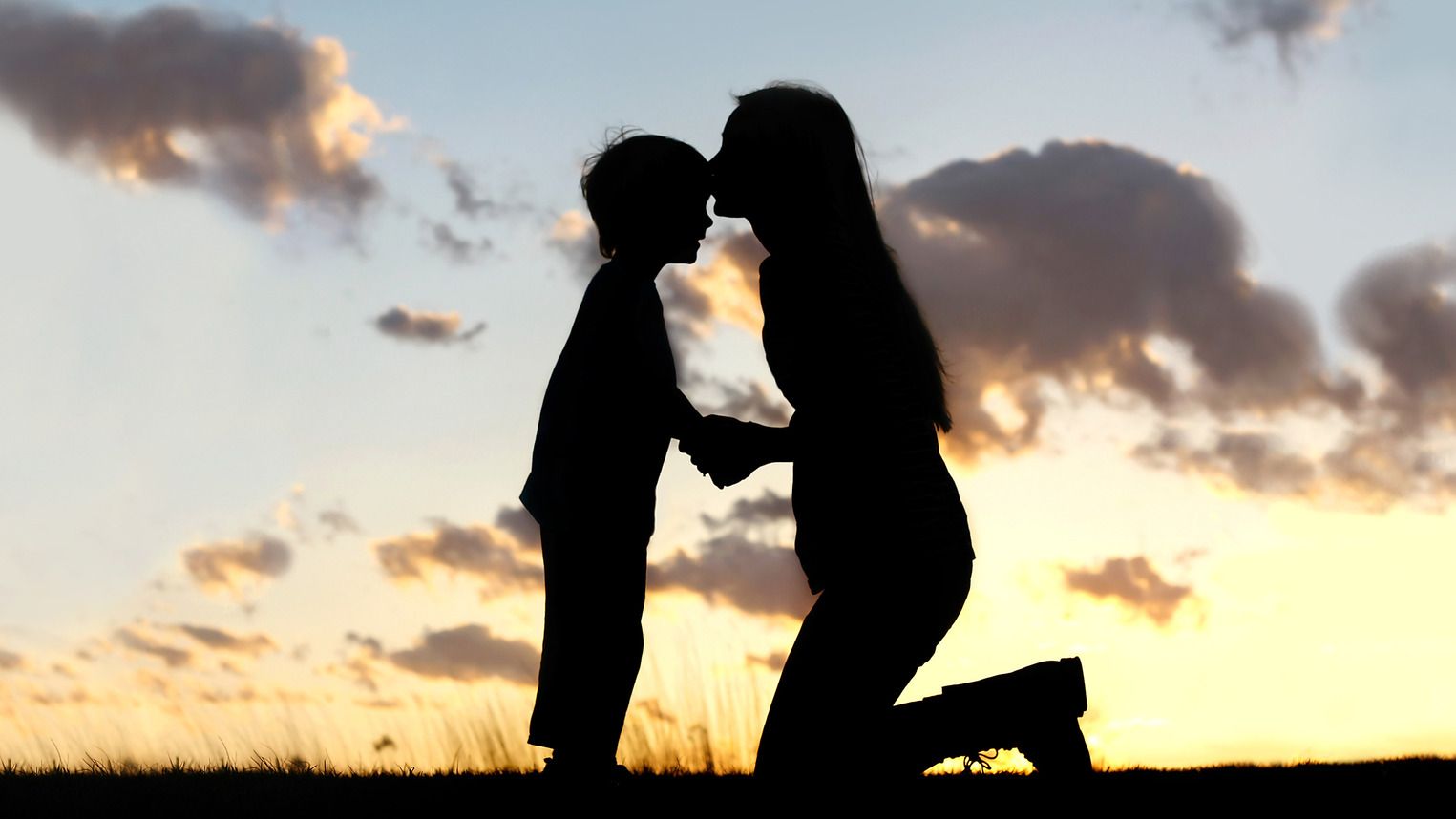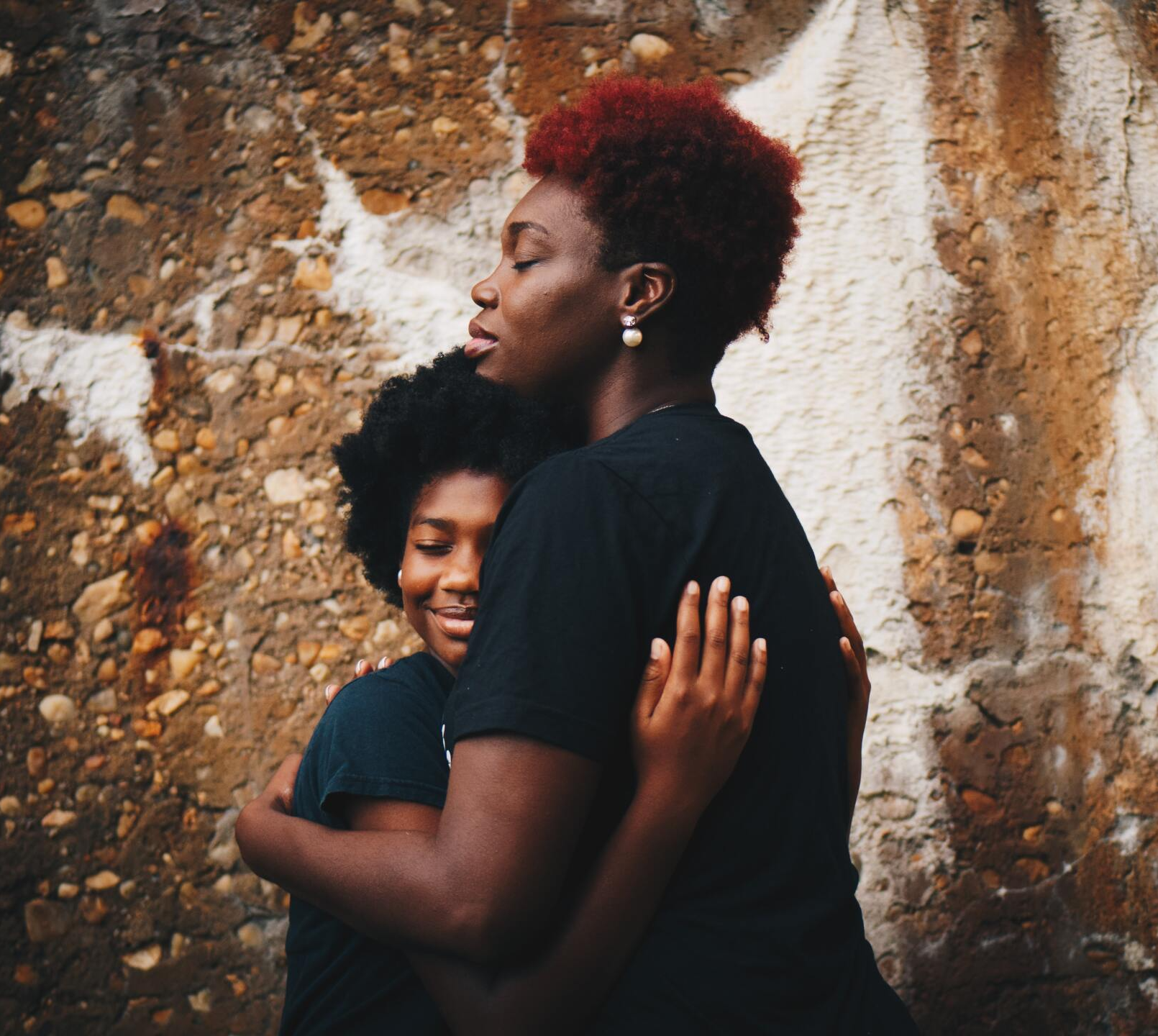The Effects of Spanking: A Compassionate Examination

Is Spanking Effective?
Advocates of spanking like to say that it “can be” an effective form
of punishment when executed in a “calm and loving” environment. They say that “some children” need to be spanked because “it’s the only way that they will listen.” “Used judiciously,” they say, it can “shock” a child into stopping an unwanted behavior.
As advocates of parenting strategies that reduce and eliminate harm (physical, psychological and relational) it’s hard to grapple with the idea that there are still so many parents defending a practice that, by its very nature, causes harm.
And as human behavior specialists… we get it. Most parents who spank were spanked. When we are born we come into an unknown world. We learn how that world operates based on our environment, experiences and what we are told by our primary caregivers.
These now adult children were likely told things like:
“This hurts me more than it hurts you.”
“I’m doing this because I love you.”
“If you didn’t ____, I wouldn’t ‘have’ to do this.”
Their parents told them these things, and they believed them, perhaps reinforced by a religious or cultural ideology. These influences shape our worldview, and our worldview connects us to our culture. Changing our worldview is interpreted as dangerous by the psyche. Evolutionary psychology has proven time and time again, how wired we are to keep the beliefs which connect us to our people.
This human need for connection and belonging is so powerful that it will distort facts and evidence that defy known norms. “Well, I turned out fine,” spanking proponents will claim.
Because admitting otherwise is akin to opening Pandora’s Box. Defending the practice is far easier than looking at the truth.
Spanking doesn’t improve behavior. It causes trauma. The studies are numerous, and unequivocal in their results.1-9
So let’s unpack and examine the defense of spanking.
“Proper Spanking Isn’t Done in Anger”
Giving some benefit of the doubt here, let’s look at this realistically, and practically.
Spanking hurts. It has to hurt to be effective, according to advocates of spanking. But, children learn what love looks and feels like from their parents. A study in
The National Library of Medicine found
links between “normative” physical punishment and child aggression, delinquency and spousal assault in later life. We are teaching children, through the practice of spanking, that when we love someone we can hurt them, or be hurt by them.
Best practices and advice notwithstanding, the reality is that most acts of corporal punishment do not occur in a “calm and loving environment.”
“What many people won’t admit is that hitting a child can provide an emotional release and a fleeting sense of power for the grown-up. An adult may feel frustrated that they’ve lost control of the child, but when they strike the child, the child stops what they’re doing and usually starts crying. The adult feels vindicated by getting the child’s attention, and their pent-up frustration or anger is released. They believe “it worked,” and the strategy becomes reinforced. Many parental feelings are masked by anger—fear, alarm, loss, grief, shock, shame, etc.—and lashing out can momentarily transfer the uncomfortable energy onto the child—a much less powerful target.”
(Source: Developmental Science)
A parent’s rage is terrifying to a child. It activates an extreme stress response, flooding their brains with cortisol and adrenaline, which inhibit brain development. When that rage spills into physical aggression, trauma is the outcome.
Spanking and Strong-Willed Children
Let’s examine the idea that some children simply need to be spanked because nothing else works, and they simply won’t listen if pain isn’t inflicted upon them.
Consider the idea of breaking the will of a child in comparison to the idea of breaking a horse. The goal is to gain control and authority, and increase compliance… to “break their spirit.” In different times, it’s easier to see the need to tame the “wild ones.” Survival relied on a universal respect for authority, place and power-over systems. It was the way of the world.
That is no longer the case.
A strong will is a valuable modern quality. It evokes leadership, courage, and innovation. Think of the lost potential of the generations of strong-willed children that were “domesticated.”
What might they have accomplished with their “one wild and precious life,” had their spark not been beaten out of them?
How might their mental health and self-worth be different if they’d not gotten the painful message that
they
were a problem to be fixed?
As parents, how might our child’s future be different if we support them to harness and direct their will, rather than squash it?
(The answer: their future will be profoundly different)
The Negative Impact of Spanking
“When a child hits a child, we call it aggression.
When a child hits an adult, we call it hostility.
When an adult hits an adult, we call it assault.
When an adult hits a child, we call it discipline.”
— Haim Ginott, Child Psychologist and Psychotherapist
Research on the
negative effects of spanking has been extensive and has consistently shown that spanking can have harmful impacts on children.1-9
Increased Aggression
Numerous studies have found that children who are spanked are more likely to exhibit aggressive behavior themselves. This can manifest as increased levels of anger, hostility, and even antisocial behavior.
Mental Health Issues
Spanking has been linked to an increased risk of developing mental health issues such as depression, anxiety, and substance abuse later in life. Children who experience corporal punishment may internalize feelings of shame and inadequacy, leading to emotional distress.
Cognitive Effects
Research suggests that spanking can impair cognitive development in children. It can interfere with the ability to reason and problem-solve, as well as inhibit the development of empathy and self-regulation skills.
Negative Parent-Child Relationship
Spanking erodes trust and damages the parent-child relationship. Children who are subjected to physical punishment may come to fear or resent their parents, hindering effective communication and bonding.
Long-term Consequences
Studies indicate that the negative effects of spanking can persist into adulthood. Adults who were spanked as children are more likely to endorse the use of violence as a means of discipline with their own children, perpetuating a cycle of abuse.
Legal and Ethical Considerations
In many countries, spanking is considered a form of physical abuse and is illegal. Even in places where it is not explicitly banned, there is growing recognition of the ethical concerns surrounding the use of physical punishment on children.
Overall, the research overwhelmingly suggests that spanking is not an effective or appropriate method of discipline and can have serious detrimental effects on children's well-being.
Alternatives to Spanking
As a final invitation, it’s worth asking the question: “If I could teach my child effectively without resorting to spanking, would it be worth it? Would I be willing to try?”
Here are some strategies to consider:
Setting Clear Expectations and Boundaries
Establish clear and consistent rules and expectations for behavior. Communicate these rules calmly and respectfully, and ensure that children understand the consequences of their actions.
Modeling Behavior
Children learn by example, so modeling appropriate behavior is crucial. Demonstrate kindness, empathy, and problem-solving skills in your interactions with others, and children are more likely to emulate these behaviors.
Effective Communication
Encourage open and respectful communication with your child. Listen to their concerns and perspectives, validate their feelings, and engage in constructive dialogue to resolve conflicts.
Logical Consequences
Instead of arbitrary punishments, implement logical consequences that are directly related to the misbehavior. For example, if a child refuses to clean up their toys, they may temporarily lose the privilege of playing with those toys.
Problem-Solving and Conflict Resolution Skills
Teach children problem-solving and conflict resolution skills to help them navigate challenging situations effectively. Encourage them to brainstorm solutions, consider alternatives, and negotiate compromises when conflicts arise.
Emotional Regulation Techniques
Teach children techniques for managing their emotions, such as deep breathing, counting to ten, or taking a break when they feel overwhelmed. Encourage them to express their feelings in healthy ways and provide support and guidance as needed. Modeling emotional regulation as a parent plays a crucial role in supporting your child’s ability to regulate themselves.
Consistency and Patience
Consistency is key in enforcing rules and boundaries. Be patient and understanding as children learn and grow, and remember that discipline is ultimately about teaching and guiding them toward positive behavior rather than punishing them for mistakes.
Here at The Jai Institute for Parenting, our
5-Part PEACE Process supports parents to effectively set and reinforce limits without resorting to spanking, time-outs, yelling or threats. It’s FREE! You can
access your copy here!
References:
- Jill Anderson, “The Effect of Spanking on the Brain,” Harvard Graduate School of Education, April 13, 2021
- Joan Durrant, PhD and Ron Ensom, MSW RSW, “Physical punishment of children: lessons from 20 years of research,” Canadian Medical Association Journal, September 4, 2012
- Elizabeth Gershoff, Ph.D., “The Research on Spanking and Its Implications for Intervention,” The University of Texas at Austin
- Diana Divecha, Ph.D., “Hitting Children Leads to Trauma, Not Better Behavior,” Developmental Science, February 10, 2022
- Gwen Dewar, Ph.D., “Spanking children: Why does it happen, and what are the effects?” Parenting Science, 2010-2019
- Emilie Le Beau Lucchesi, “Is Disciplinary Spanking Effective? Here's How It Can Affect the Brain,” Discover Magazine, July 18, 2023
- Christopher Smith Gonzalez, “Children who get spanked more likely to be violent toward future dating partners,” UTMB Health, January 25, 2018
- Sandee LaMotte, “Spanking can worsen a child’s behavior and do real harm, study finds,” CNN, June 28, 2021
- Manisha Aggarwal-Schifellite, “How spanking may affect brain development in children,” The Harvard Gazette, April 12, 2021
READ MORE:
Curious for more?













